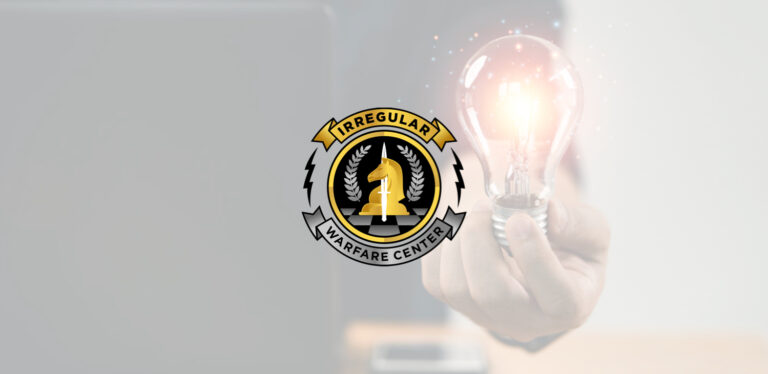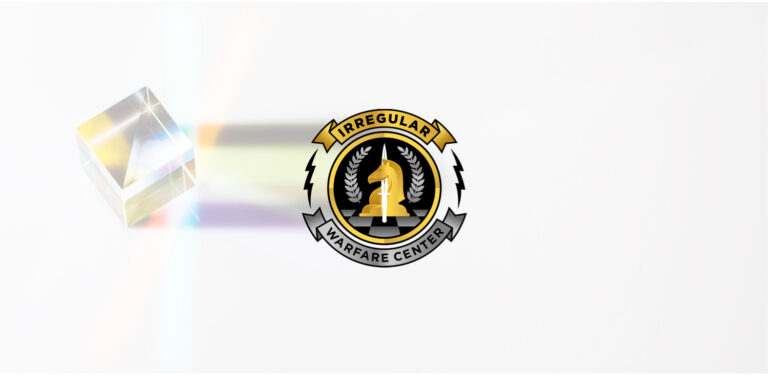Russia’s 2022 invasion of Ukraine, and its subsequent transition into a large-scale war, has shown that conventional warfare maintains its relevance in a world of strategic competition. At the same time, however, it has also underscored the inherently hybrid nature of modern warfare, with blurred boundaries between conventional and irregular elements. For Russia and Ukraine, this means that the conflict is occurring at all levels, tactical to strategic, and in multiple domains simultaneously: the front lines, rear areas, areas of occupation, the cyber domain, the information environment, and beyond. In planning for national and territorial defense, countries must account for this element, or risk mismatching resources in ways that degrade their warfighting capability. In this complex threat environment, Special Operations Forces (SOF) have proven invaluable.



